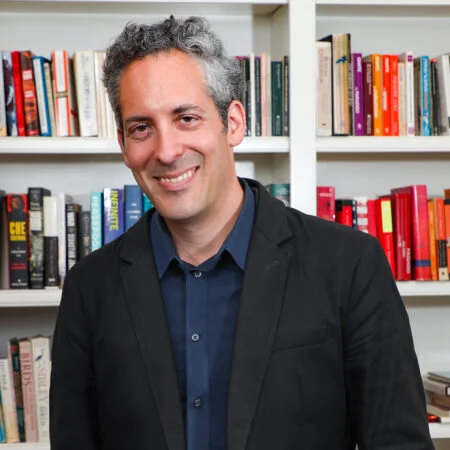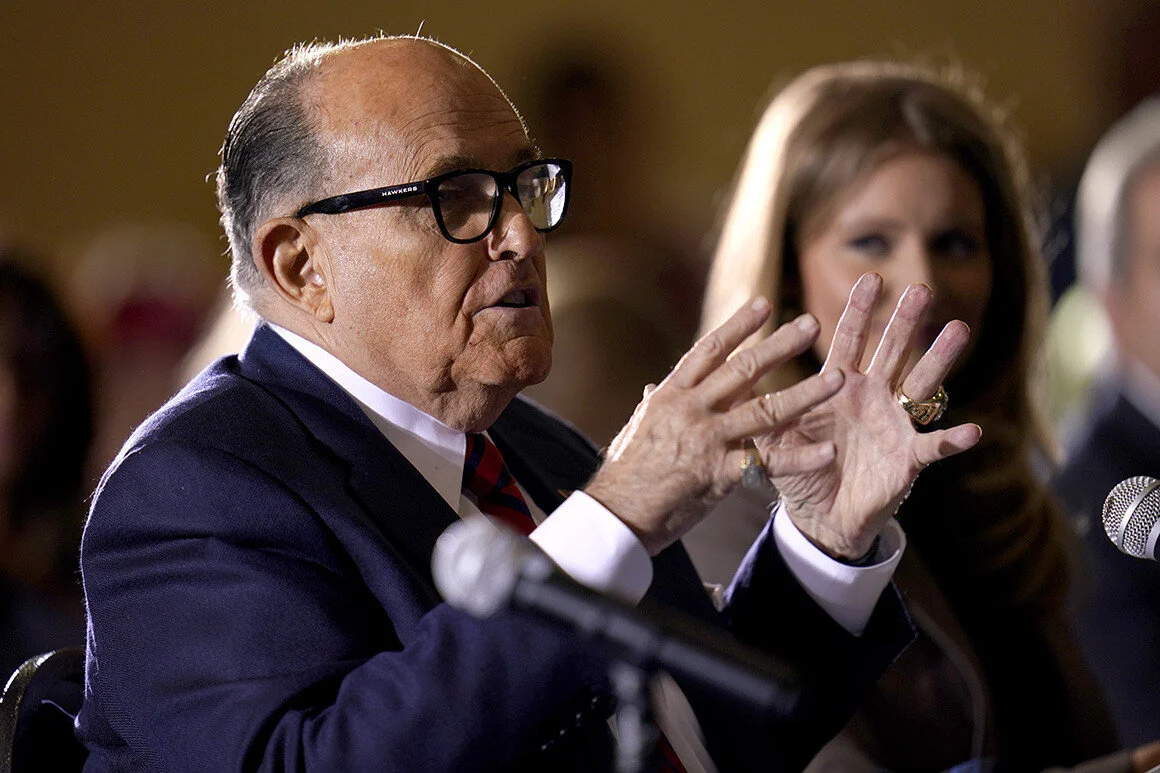Every day in American courtrooms, forensic science offers evidence to judges and juries: fingerprints, ballistics, shoe prints, even bite marks. It’s supposed to provide scientific proof of guilt. But what if it’s a lot less reliable than we think?
Read MoreWhy did the Trump legal team fail to overturn the election in court? It's not complicated.
Read MoreWe’ve all heard about the cases of wrongfully convicted people going to prison for the crimes others committed. In some cases, DNA exonerates them and finds the person who really did it. But what about people wrongfully convicted – of crimes that never happened at all?
Read MoreWe often hear about new methods police try to achieve better results against crime. But do the police have any reason to believe that their new approaches will work? Are their new initiatives based on hope, or on actual evidence that they will really help?
Read MoreJohn from Dayton calls in with another question: how does the discovery process work in civil law, and how does it apply in criminal cases?
Read MoreProsecutors must disclose any evidence that goes against guilt or lessens punishment. The Constitution says so. But some state laws allow them to withhold the evidence until just before trial, so defendant have to make plea decisions without it. This skews the whole system, and is long overdue for change.
Read More





